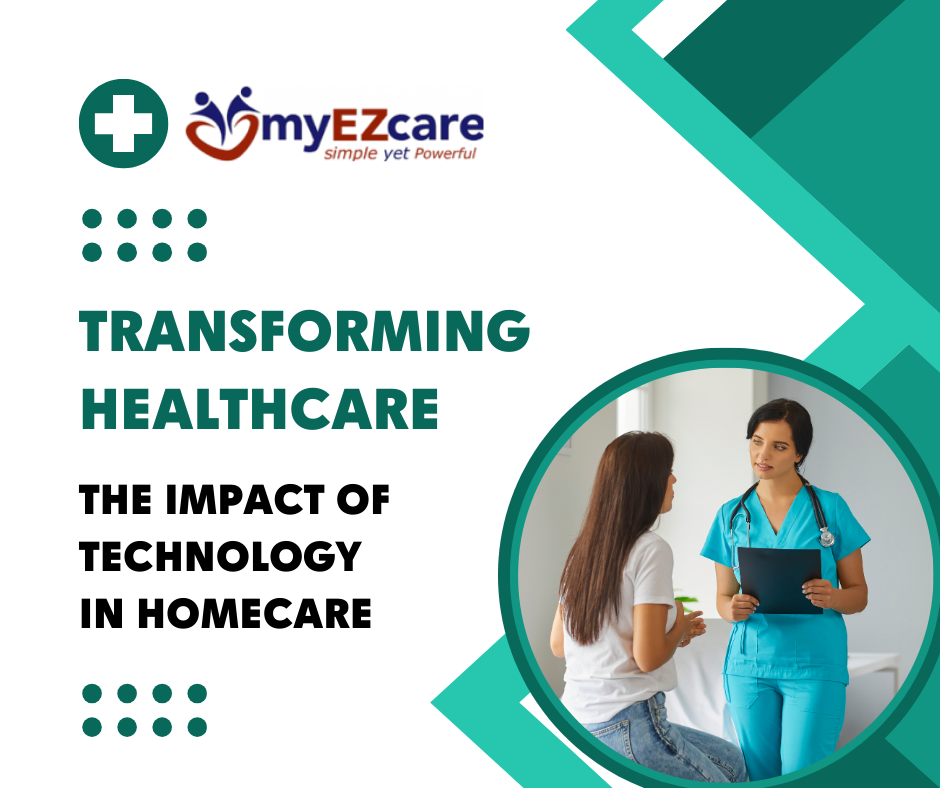
In recent years, technology has revolutionized nearly every aspect of our lives, and healthcare is no exception. One of the most significant areas where this transformation is evident is in the shift towards providing healthcare services in the comfort of one’s home. This trend, often referred to as home healthcare, is gaining traction globally due to advancements in technology that make it possible to monitor, diagnose, and treat patients outside of traditional clinical settings.
The Rise of Home Healthcare
Traditionally, healthcare has been synonymous with hospitals, clinics, and medical offices. However, the landscape is rapidly changing, driven by technological innovations that empower patients to receive high-quality care without leaving their homes. This shift is particularly beneficial for elderly patients, individuals with chronic conditions, and those recovering from surgery who may find it challenging to travel to medical facilities regularly.
Technologies Driving Change
Several key technologies are driving the transformation of healthcare delivery to the home:
- Telemedicine and Telehealth: Perhaps the most significant advancement, telemedicine allows patients to consult healthcare providers remotely via video conferencing and digital communication tools. This capability not only enhances access to care but also reduces the strain on hospitals and clinics.
- Wearable Devices: From smartwatches to medical-grade sensors, wearable devices enable continuous monitoring of vital signs such as heart rate, blood pressure, and blood glucose levels. These devices provide real-time data to healthcare professionals, allowing for proactive intervention and personalized treatment plans.
- Remote Patient Monitoring (RPM): RPM systems collect and transmit health data from patients at home to healthcare providers. This technology is particularly valuable for managing chronic diseases like diabetes and hypertension by tracking trends and alerting medical teams to potential issues before they escalate.
- Mobile Health Apps: There has been an explosion of mobile applications designed to support home healthcare, ranging from medication reminders to symptom trackers. These apps empower patients to actively participate in their care and communicate effectively with their healthcare providers.
Benefits of Home Healthcare
The integration of technology into home healthcare offers several benefits:
– Improved Patient Outcomes: By enabling early detection of health issues and facilitating timely interventions, technology helps improve patient outcomes and reduce hospital readmissions.
– Enhanced Patient Experience: Home healthcare promotes comfort and convenience, allowing patients to receive care in familiar surroundings, which can positively impact their mental and emotional well-being.
– Cost Savings: Reducing hospital visits and preventing complications through remote monitoring can lead to significant cost savings for healthcare systems and patients alike.
Challenges and Considerations
While the benefits are clear, the adoption of technology in home healthcare is not without challenges. Issues such as data privacy and security, regulatory compliance, and the digital divide must be carefully addressed to ensure equitable access and safeguard patient information.
Looking Ahead
As technology continues to evolve, the future of home healthcare holds promise for even more advanced and integrated solutions. Artificial intelligence (AI) and machine learning are poised to play a larger role in predictive analytics and personalized medicine, further enhancing the efficacy of home-based care.
In conclusion, technology’s role in transforming healthcare at home is undeniable. From telemedicine to wearable devices and mobile health apps, these innovations are reshaping how healthcare is delivered, making it more accessible, efficient, and patient-centered. As we navigate the complexities of modern healthcare, embracing these technologies responsibly can lead to better outcomes and a healthier future for all.
Stay tuned as we explore more ways in which technology continues to revolutionize various aspects of our lives. If you found this blog post insightful, don’t forget to share it with your friends and colleagues who are interested in the intersection of technology and healthcare. Let’s continue the conversation on how innovation can drive positive change in our communities.

